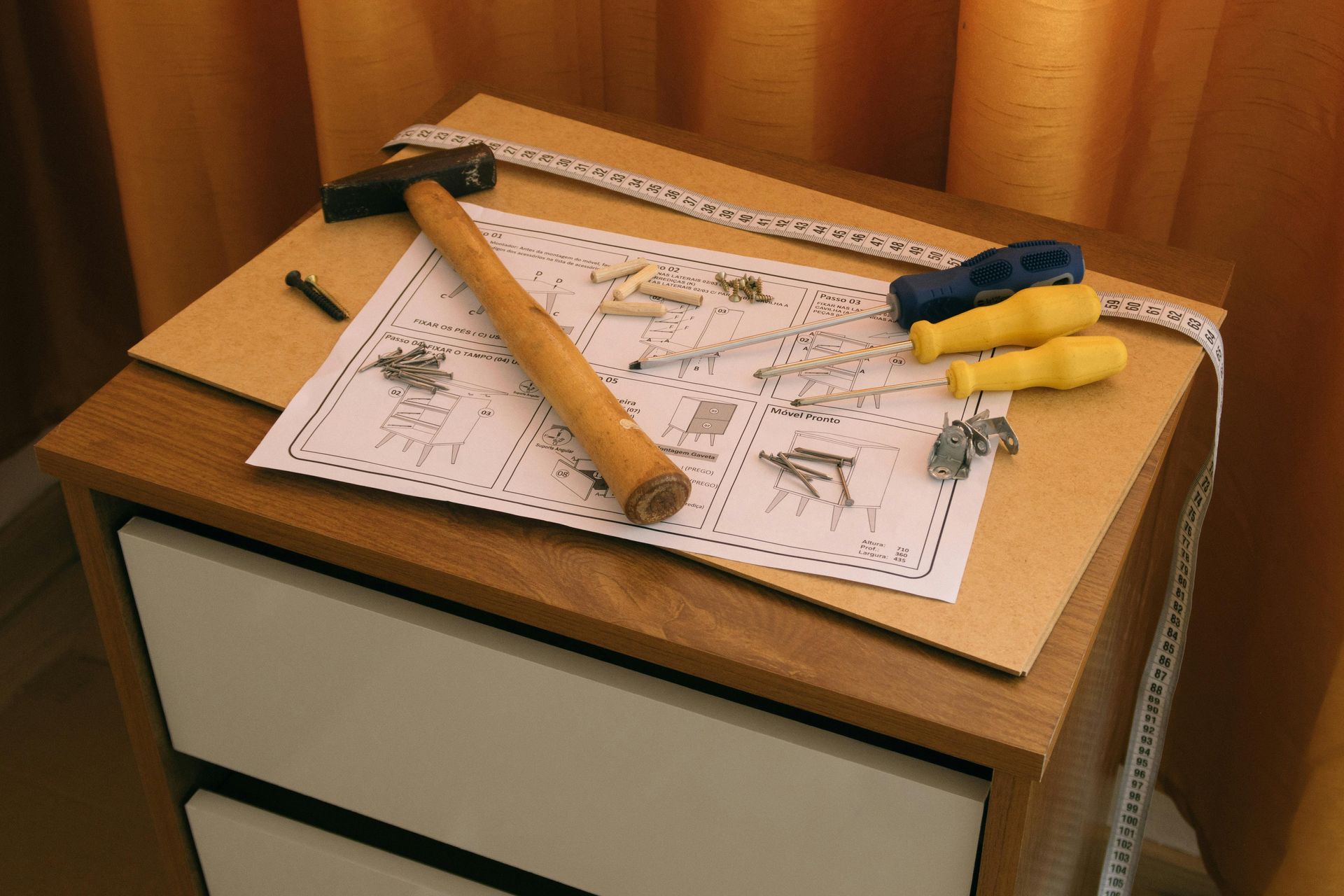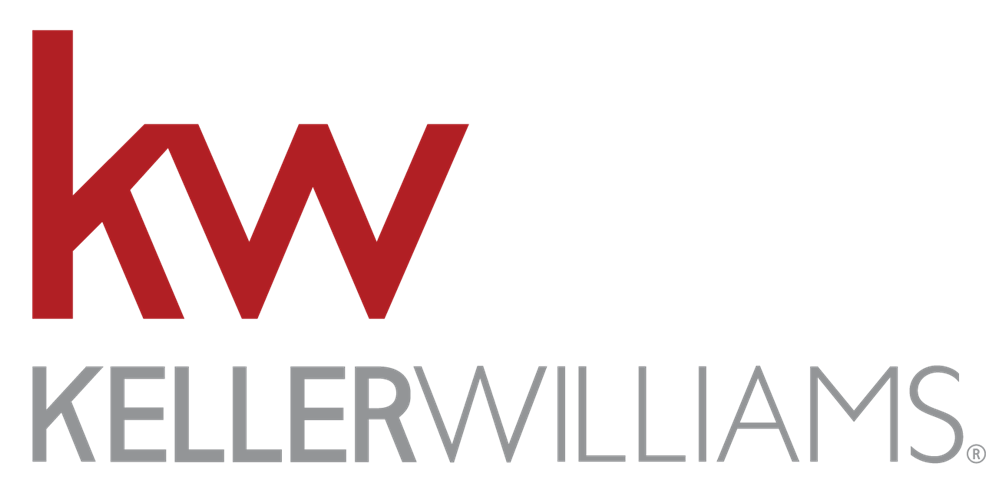Elevate Your Home: The Most Reliable Appliances for Luxury Living
In the world of real estate, the adage “you get what you pay for” rings especially true when it comes to appliances. Investing in high-quality appliances can significantly enhance both the functionality and aesthetic appeal of your home. For buyers seeking luxury, reliable appliances are not merely conveniences; they are essentials that elevate the living experience. Let’s explore how carefully selected appliances can transform your home into a luxurious retreat, and understand why they are a vital consideration in today’s real estate market.
The Impact of Quality Appliances on Home Value
When evaluating a property, potential buyers often consider the quality and reliability of the appliances. High-end, reliable appliances not only enhance daily living but can also significantly boost your home’s resale value. Homes equipped with luxury appliances are generally more appealing and can lead to quicker sales at higher prices. Therefore, whether you’re a homeowner looking to upgrade or a potential buyer assessing a property, understanding the value of these investments is crucial.
Essential Appliances for Luxury Living
1. Premium Refrigerators
A premium refrigerator is the cornerstone of any modern kitchen. With advanced cooling technologies and customizable storage options, these refrigerators are designed to keep food fresher for longer while looking aesthetically pleasing. Many models also offer energy-efficient features, which can help reduce utility bills, making them a wise investment for eco-conscious homeowners. Look for models with flexible shelving and dedicated compartments for fruits, vegetables, and meats to maximize organization and accessibility.
2. High-End Ovens
A luxury oven can transform your cooking experience. High-end models often feature convection cooking, which ensures even heat distribution, resulting in perfectly baked goods and evenly roasted meats. With various cooking modes and stylish finishes, these ovens not only perform exceptionally but also add a touch of elegance to your kitchen design. For culinary enthusiasts, the ability to achieve professional-level results at home is priceless.
3. Quiet Dishwashers
Dishwashing has come a long way from noisy machines that disrupt your home. The latest models operate almost silently while incorporating advanced cleaning technologies. These sleek dishwashers seamlessly blend into cabinetry, maintaining the kitchen’s aesthetic. Look for features like adjustable racks and specialized cycles for different types of dishware to enhance functionality.
4. Energy-Efficient Washers and Dryers
In the realm of home laundry, energy-efficient washers and dryers stand out. These appliances come equipped with smart technology, allowing remote operation and monitoring. This innovation is not only convenient but also energy-saving, reducing water and electricity consumption. Many models feature multiple cycles tailored for various fabrics, ensuring optimal care for your wardrobe.
5. Induction Cooktops
Induction cooktops offer a modern cooking experience that combines instant heat with safety features. These cooktops are easy to clean, thanks to their flat surfaces, and provide precise temperature control, which is essential for gourmet cooking. The sleek design of induction cooktops can also enhance the visual appeal of your kitchen, making them a popular choice for luxury homes.
6. Versatile Stand Mixers
For those who love to bake, a versatile stand mixer is a must-have. These appliances come with various attachments, allowing you to whip, knead, and mix with ease. Durable construction ensures they can handle heavy-duty tasks, making them perfect for aspiring chefs and baking enthusiasts. Investing in a quality stand mixer not only enhances your kitchen's functionality but also adds a professional touch.
7. Professional-Grade Ranges
A professional-grade range can elevate any kitchen. These ranges typically feature high BTU ratings, allowing for serious cooking and catering to all culinary styles. With multiple oven configurations, they offer the versatility that chefs crave. Homes with such ranges often attract buyers who are passionate about cooking, making them a smart choice for anyone looking to enhance their home’s appeal.
8. Smart Refrigerators
Smart refrigerators are revolutionizing how we manage our kitchens. Equipped with Wi-Fi connectivity, these appliances allow homeowners to monitor and manage inventory, access recipes, and even create shopping lists right from the touchscreen. This blend of technology and convenience is increasingly becoming a staple in luxury homes, attracting tech-savvy buyers looking for innovation in their daily routines.
Choosing the Right Appliances
When selecting appliances for your home, consider both functionality and aesthetic appeal. High-quality appliances can seamlessly integrate with your home’s design while providing the reliability and performance you desire. Additionally, it’s wise to think about the energy efficiency of your appliances, as this can lead to long-term savings on utility bills.
The Future of Luxury Appliances in Real Estate
As homebuyers become more discerning, the demand for high-quality appliances is expected to grow. In a competitive real estate market, properties equipped with luxury appliances will likely stand out, providing sellers with a significant advantage. Homebuyers should prioritize reliable brands that offer warranties and service options, ensuring their investment remains protected.
Conclusion
Investing in high-quality appliances is essential for homeowners looking to create a luxurious living environment. By choosing reliable appliances, you enhance your home’s functionality and aesthetic appeal, making it more attractive to potential buyers. As the real estate market continues to evolve, the importance of these appliances in shaping buyer preferences cannot be overstated. Whether you’re preparing to sell or simply looking to elevate your living space, these essentials will undoubtedly enhance your home’s overall experience and value.




